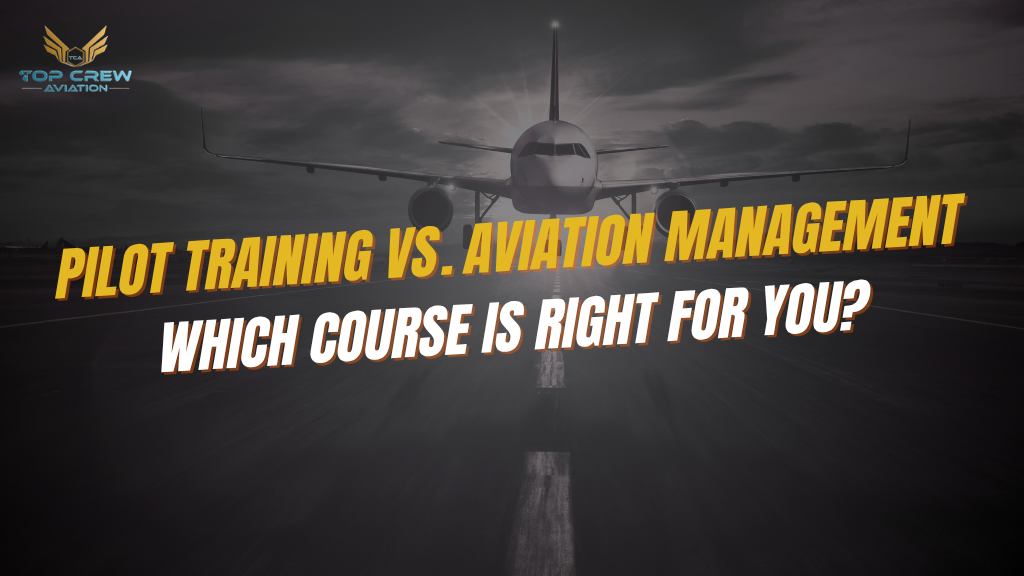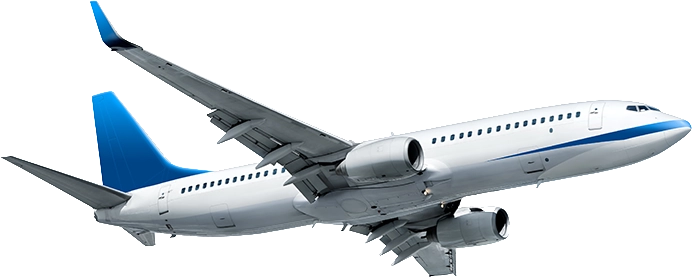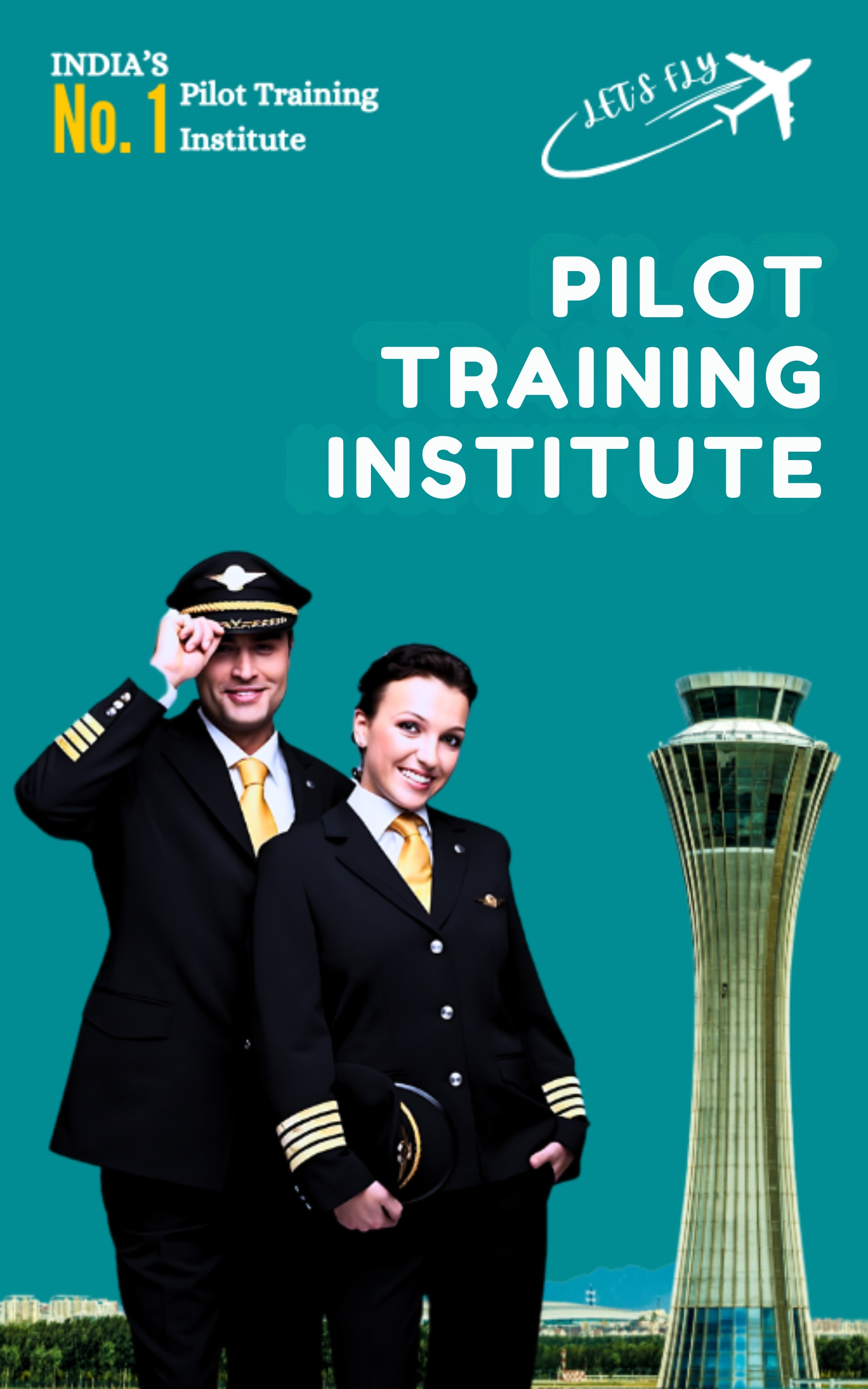Pilot Training vs. Aviation Management: Which Course Is Right for You?
The aviation industry is a world of excitement, precision, and limitless possibilities. Whether you’ve dreamed of flying a plane through the clouds or managing the complex operations behind the scenes, the sky truly is the limit. But here’s the big question: Should you choose Pilot Training or Aviation Management?
Both paths promise rewarding careers, global exposure, and the thrill of working in one of the most dynamic industries on earth. Yet, they differ drastically in what they demand — and what they deliver. Pilot Training puts you in the cockpit, commanding aircraft and traveling the world, while Aviation Management keeps you grounded but in control, leading airport operations, airlines, logistics, and strategy.
Choosing between them isn’t just about your passion — it’s about your personality, career goals, budget, and lifestyle. This blog will help you understand the key differences, including course structure, eligibility, skills, career opportunities, salary potential, and future growth in both fields.
By the end, you’ll have a clear idea of which course aligns with your ambitions — whether you see yourself as the captain of the aircraft or the strategist who keeps the airline flying smoothly. Let’s get ready for takeoff and explore the path that will launch your aviation career.
Understanding the Basics — What Each Course Means
Before you decide, it’s essential to know what each course truly involves.
Pilot Training
Pilot Training is a hands-on, skill-based pilot course designed to prepare students to fly aircraft professionally. You’ll learn everything from aviation theory and meteorology to flight operations and emergency procedures.
Depending on your goal, you may pursue:
- Commercial Pilot License (CPL) – to fly passenger or cargo planes.
- Private Pilot License (PPL) – for personal flying.
- Airline Transport Pilot License (ATPL) – for senior airline pilots.
Training usually involves ground school plus 200+ flight hours and can take 18–24 months.
Aviation Management
Aviation Management focuses on the business and operational side of aviation. Students learn about airport management, airline finance, safety regulations, and logistics.
This course prepares you for leadership and administrative roles — from managing airport terminals to coordinating air traffic support teams.
| Aspect | Pilot Training | Aviation Management |
| Nature | Technical & practical | Administrative & strategic |
| Duration | 18–24 months | 3–4 years (Bachelor’s) |
| Focus | Flying aircraft | Managing aviation operations |
Both are rewarding, but the right choice depends on your personal strengths, interests, and long-term aviation career goals.
Read Also – DGCA Simplifies Flight Crew Applications with Auto-Generated Computer Numbers
Eligibility, Duration & Costs Compared
Choosing your aviation path also means understanding what it takes to get there.
Eligibility Requirements
Pilot Training:
- Age: Minimum 17–18 years
- Education: 10+2 with Physics and Math
- Health: Class 1 medical fitness
- Language: Fluent English
Aviation Management:
- Age: 17+
- Education: 10+2 (any stream, preferably with English)
- Skills: Communication, analytical, and leadership abilities
Course Duration
- Pilot Training: 18–24 months (can extend based on flight hour completion)
- Aviation Management: 3–4 years for Bachelor’s; 1–2 years for Master’s
Cost Comparison
| Program | Approx. Cost | Type |
| Pilot Training | ₹35–₹55 lakhs (India) / $60,000–$120,000 (abroad) | Practical |
| Aviation Management | ₹3–₹8 lakhs (India) / $10,000–$40,000 (abroad) | Academic |
Pilot training is significantly more expensive due to simulator and flight hour costs. However, it can yield higher payoffs if you become a pilot.
Aviation management, though more affordable, opens doors to a wide range of aviation management jobs across airlines and airports.
Quick Tip:
If you love flying and can invest the time and cost, pilot training is your ticket to the skies.
If you prefer leadership, planning, and stability, aviation management offers strong long-term aviation career growth.
Skills You’ll Need to Succeed
Both careers demand unique skill sets — but there’s also overlap.
For Pilot Training
You need to be sharp, calm, and disciplined. Key skills include:
- Situational awareness — making quick decisions mid-flight.
- Technical aptitude — understanding aircraft systems.
- Physical & mental fitness — handling long flights and stress.
- Communication — clear coordination with ATC and crew.
For Aviation Management
This field is ideal for strategic thinkers who love teamwork and planning. Essential skills include:



